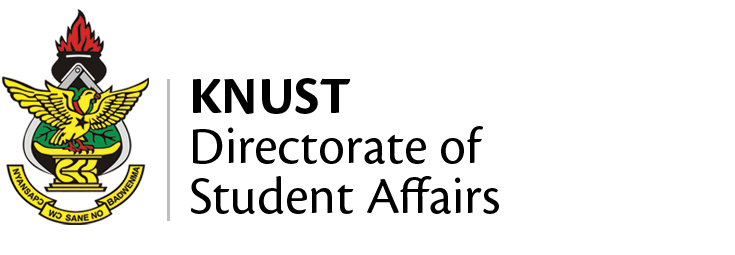The KCC provides high quality psychological and emotional support services that support the broader vision of the Directorate and the University Community as a learning environment where students pursue to learn holistic education.
KCC professional psychological services and psycho educational workshops that include individual counselling and psychotherapy are in the following areas:
- Substance abuse
- Trauma related issues
- Psycho education
- Grief work
- Stress and time management
- Affective and mood disorder
- Social anxiety phobia
- Peer counselling
- Skilled helpers
- Communication and conflict resolution
- Health relations skills
- Counselling and Emotional Health Awareness and Promotion
- Training
- Career and Academic Matters
NB: Details of the KCC operations and activities are found in the Counselling Policy
Procedure For Accessing KCC Services
The procedure can be by walk-in/ Referral / E – Counselling
i. A Client (student, staff, staff dependent, general public) walks into the Secretariat and is directed to the College Counsellor or a Counsellor available due to the severity or special nature of the case. A Client may also go to a counsellor’s office at DoSA or the counsellor’s office at the College. The KCC has a designed data sheet for client record keeping and evaluation of services provided to clients.
ii. A Client can be referred by another professional or specialist to a specific Counsellor or is assigned a Counsellor based on the condition for which the client was referred.
iii. A Client may opt for E-Counselling through the following mediums: Phone call, WhatsApp chat, E-mail or Zoom.
Referral
iv. Clients are referred to the KNUST Hospital, Directorate of Student Affairs and Student Financial Services office, or the KNUST security services depending on the nature of his/her case.
v. Counsellors make follow up on such cases to make sure that clients are satisfied.
1.0 PROCEDURE FOR RECRUITING PEER COUNSELLORS
i. Adverts are sent to students to apply;
ii. Shortlist is generated based on the year of study;
iii. Screening interview is conducted to select qualified students;
iv. Training for successful applicants;
v. Regular Capacity programmes are organised for Peer Counsellors; and
vi. Peer Counsellors make referrals to the KC.
2.0 PROCEDURE FOR HANDLING EMERGENCIES
2.1 Bad News (Death of a parent/Student)
i. When a student dies, it is reported to the Director of the Directorate of Students Affairs who informs the Head of KCC or College Counsellor to disclose to the family or significant others. Depending on the nature of the death occurrence, the emotional support given by the Team of counsellors may call for counselling support services to other affected persons, including parents and or family of deceased student, roommates, siblings of student, class mates and friends.
ii. In the case of the death of a parent/guardian of a student, considering the suddenness of the occurrence and or the nature of death, it may require counselling before the disclosure to the student who is considered to be emotionally vulnerable.
2.2 Attempted Suicide/ Victim of Fraud/ Relationship Issues
i. First report to a Counsellor or Director of Student Affairs (DoSA).
ii. Counsellor provides emotional support to the client.
iii. Counsellor collaborates with DoSA, KNUST Security, etc., for support including accommodation and security, when necessary, among others.
iv. Counsellor connects with guardian or relation of the client for social support.
v. Counsellor continues counselling through follow-up until client is emotionally stable.

